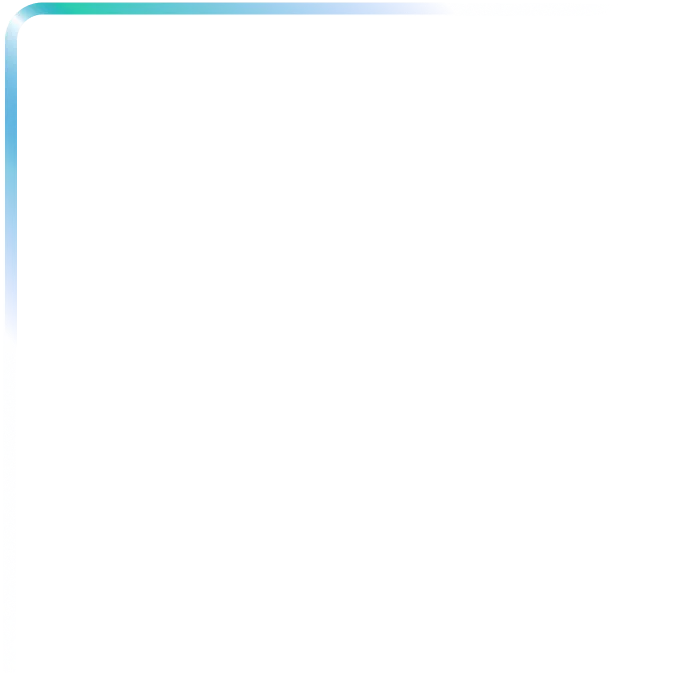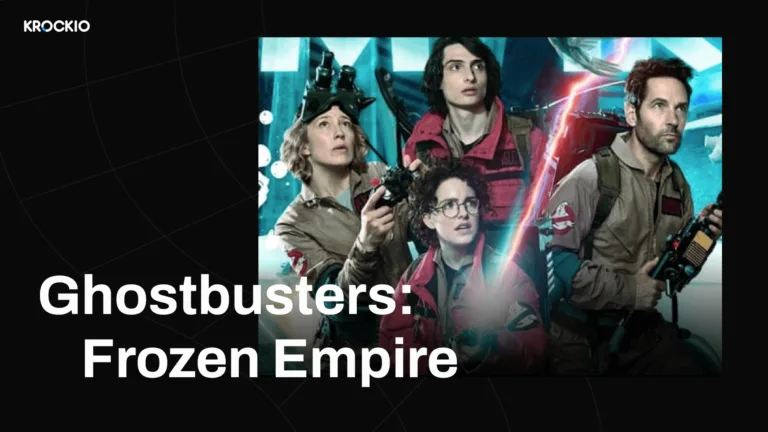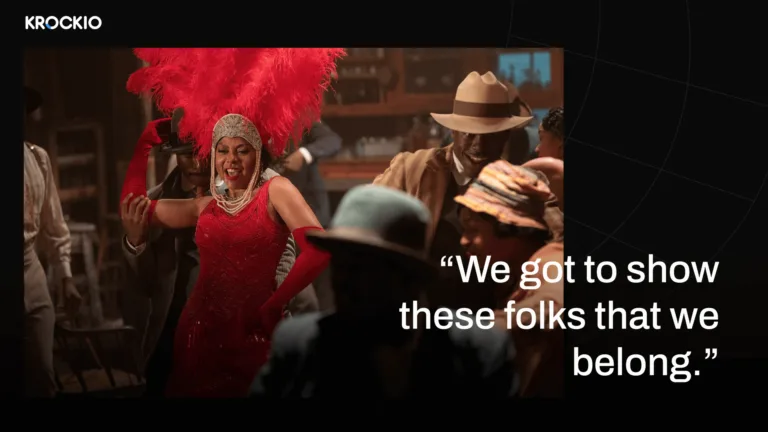Outsiders often stereotype creative industries as blissful playgrounds where adults make money out of their hobbies. It’s been said that creative people don’t think in straight lines and don’t see things as they are, but rather as they might be. The Catch-22 of creativity is that the very skills that make the uncommon parts of your job seem easy can be what’s causing your job to be complicated.
Let’s look at some of the most common challenges creatives face when it comes to running a business and suggest a few ways to lighten the load.
The Challenges Creatives Face
1. Different Workflows
Creative people don’t always follow the classic 9-5 workweek. Creatives may find that doing work at night or bright and early in the morning is more beneficial. As long as you’re meeting the deadline, embrace whatever workflow works best for you.
Also, when it comes to teamwork, one should always consider that each creative possesses a different skill set. If you are a team of 4 illustrators with a horizontal hierarchy, tug into the soft skills each of you has, and decide who takes what phase of the project according to them.
For example, the one who loves organizing should prepare the project, the other handle the middle, and the other two, who are suffering from perfectionism, should double-check all the results.

There is a great way for organizing the workflow – creative project management software. There are plenty of solutions nowadays on the market. And a couple of them are designed specifically for creative media production management.
Check out this post on the comparison of different project management apps.
2. Staying on the Same Page
With a creative team, there is always a ton of ideas to be suggested. Everyone wants to state their opinion o the matter, but in the end, the team should aim to reach a common goal.
Creative entrepreneur and founder of the video marketing agency, Creativery, Rishabh Jhajharia, says daily zoom meetings both in the morning and at the end of the day keep his employees on the same page. They also have longer weekly meetings for the team to reconnect. These meetings are especially valuable during the time of remote work and ensure that everyone’s ideas are heard while staying on track with the goals of the company.

Staying in touch throughout the day is also necessary to keep the teamwork running smoothly. More and more companies are investing in tools for remote collaboration and online proofing, ensuring that every team member can access everything they need to complete their tasks in time.
3. Finding Clients
A big chunk of work for creatives starts before the project is even assigned. Finding clients to take on can be a time-consuming job. It’s a good idea to reach out to past clients and see if they need any more work done. They already trust that you’ll do a great job, and are thus more likely to hire you again.
Previous research on the potential client’s projects and company before approaching is a must! It just works way better than blatant direct sales and has a significantly higher conversion rate. – Rishabh.
Client communication can often be a tricky subject. Find out about common client communication pitfalls and how to avoid them here.
4. Not Sticking to the “Rules”

Often, creatives don’t stick to the same rules and guidelines as other professionals. It’s best to stick with what works for you and your team.
Have fun editing. Don’t get caught up in some editing rules or guidelines. If something works and you like it, there is no reason to change it. Miłosz Matuszewski, video editor at Televisor & Xantus.
Your creative job may not be video editing, but the same advice still applies. If what you are doing works for you, don’t feel like you have to change it up to meet certain standards other fellow creatives follow. Every professional should find the best working process that fits them and them only.
5. Not Having Their Work Taken Seriously

Creatives often find that their work isn’t appreciated as much because it is more “fun” to do. However, being creative constantly and having to push your creative limits every day is a ton of work.
While you can’t change the way others think, you can change how you are seen. Miłosz Matuszewski says:
Be polite and dress well. These two go together because it’s a part of your image and it often makes a big difference.
Dress the part, take yourself and your ideas seriously, and others will surely follow.
6. Making the Right Connections

Unlike medical, law, and other degree-track jobs, creative jobs don’t have a straight path to success. Often, the job you land will be the one you have connections with. That’s why networking is vital in creative businesses.
The most important thing to remember is that relationships you make along the way are invaluable. You can have all the skills in the world, but you mostly get hired because someone knows and trusts you. – Miłosz comments
Your art and creative drive don’t matter if no one knows about you and your work. It is extremely important for creative professionals to learn to market themselves. Check out this article on marketing tips for creative agencies.
7. Lack of Stability
Surely, one of the common challenges creatives face, especially if working as freelancers. In creative jobs, especially entrepreneurial creative jobs, workload and, as a result, income, are not stable constants. You have to learn not to get overconfident on the first sign of a big break. ”One day you’ll get a lot of phone calls, and other (days) you go weeks without projects… our field of work is very dynamic.” – Miłosz.
You’ll have highs and lows in terms of work, so learn financial planning and relax into the ebbs and flows.
8. Reviewing the Work

Every creative will tell you that reviewing the work with the client is one of the most challenging parts of the job, especially in the reality of remote meetings only. Long email threads and confusing comments risk overpowering the actually efficient editing process.
Having a single space for everyone, client or team, to give input and take notes is important but hard to create. Consider online proofing tools that help creative teams to turn a painless review process into a seamless one.
9. Choosing the right tools

Handing the right instruments to your team is key not only to beating those deadlines but also to prevent overworking.
When it comes to creative professionals, ensuring that creativity stays at the center of their job is crucial. However, routine tasks also have to be completed. But creatives don’t want to spend their time answering tons of emails, following up, and reviewing the same work all over again and again. And that’s when the right software comes in handy.
The important points when choosing the right tools are:
- easy onboarding for your team
- easy onboarding for your clients
- intuitive and, preferably, sleek interface design
- enough storage
- right integrations
together with Krock.io!
And if it combines the next two, you’ve got a perfect combo:
- features for online proofing
- features for project management
Keep in mind the importance of user-friendliness: no creative wants to spend their time adjusting the settings of overly complicated software or taking the course for the onboarding, like in Monday.com or Asana.
10. Burning Out
Burnout is no stranger to any creative out there. It is considered that creative professionals are quite passionate about what they do, and rightly so. However, maintaining enthusiasm for your work is not always easy. You have to take jobs that don’t excite you, work when not inspired, and be essentially money-driven.

To avoid burnout “don’t only focus on the money. Sometimes it’s good to take some low-paying, but creative projects and have some fun with them. This way, you won’t burn out too quickly.” And if you feel that you are nearly there, have a look at the ways to avoid burnout.
Whenever you are trying to figure out how to face the challenges that come your way, look first at the instruments to overcome them. Surely, all that creatives want to do is to create. And the pitfalls we talked about here can often get in the way.
It’s important to take a moment and try and see your whole working process from a fresh perspective, answering some questions:
- what could be done in a different, more efficient way?
- how can I simplify the elements of my or my team’s workflow?
- which parts of the non-creative work can be delegated and how?
Whether you are a freelancer or a creative team, having a single space to manage all the tasks AND review your work, both with team and client, facilitates handling necessary routines and lets you focus on creating.
Keep having fun with your creative job, use the right tools to make your workflow really flow, and let the reliable and no less fun project management and online proofing tools take the mundane part of your work on themselves.
Try out Krock for free and enjoy all the perks of painless task management and the client review process.
Or book a quick demo call and our team will gladly show you around all the features.
To sum up, the most common challenges creatives face at work are:
- Synchronization with other departments
- Finding new clients
- Not Sticking to the “Rules” or working script
- Not having their work taken seriously
- Networking awkwardness
- Lack of stability
- Confusing revisions
- Creative burnout








